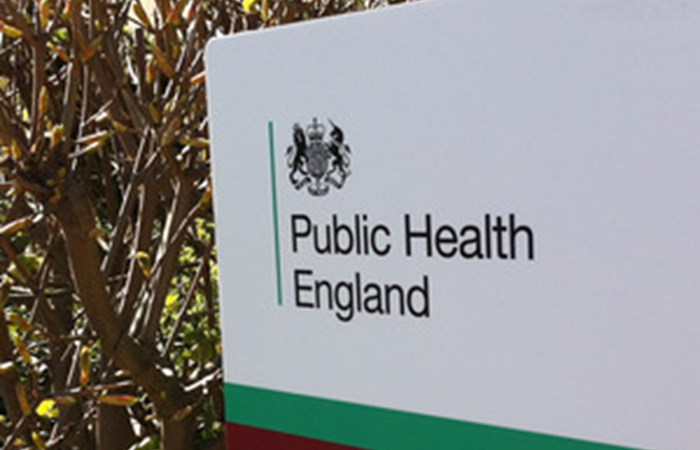Public Health England

Public Health Englands (PHEs) learning disabilities intelligence team has published the third autism self-assessment framework (SAF) which measures how local services are performing, as reported by them and their partners.
Autism self-assessments provide councils with benchmarks on how they are meeting quality standard goals towards the governments Adult Autism Strategy. The government is also publishing the Think Autism summary progress report today, which sets out other aspects of progress nationally.
Since the previous SAF in 2013 it has been found that:
- more areas are including autism in their local Joint Strategic Needs Assessments
- autism diagnostic pathways are more widely available.
- more local authorities have a recognised pathway for people with autism, but without a learning disability to access a community care assessment
The self-assessment also asked about progress following on from the 2014 Think Autism adult autism strategy. It found that:
- over two-thirds of local authorities said that Think Autism had informed their planning or policy, including development of partnership boards, consultation with people with autism, families or carers, or reworking the local autism strategy
- 45 councils reported having implemented training for frontline staff, support workers, social workers or council staff
- 43 councils (almost two-thirds) reported having made changes to make services more inclusive for people with autism, including online directories or other approaches to highlight what services are available to people with autism in accessible formats
Dr Gyles Glover, Co-Director of PHEs learning disabilities team, said:
This assessment is all about giving local authorities a chance to identify areas for improvement. A great deal of progress has been made over the year but challenges remain. By publishing this data we aim to stimulate conversation and promote joint working amongst local authorities, clinical commissioning groups and partners to improve support for people with autism locally.
All the findings, including accounts of personal experiences can be read in the 2014 Autism self-assessment framework. The data reflects local authority positions in March 2015. Where data is provided over a 12 month period it is based on the year 2013 to 2014.
